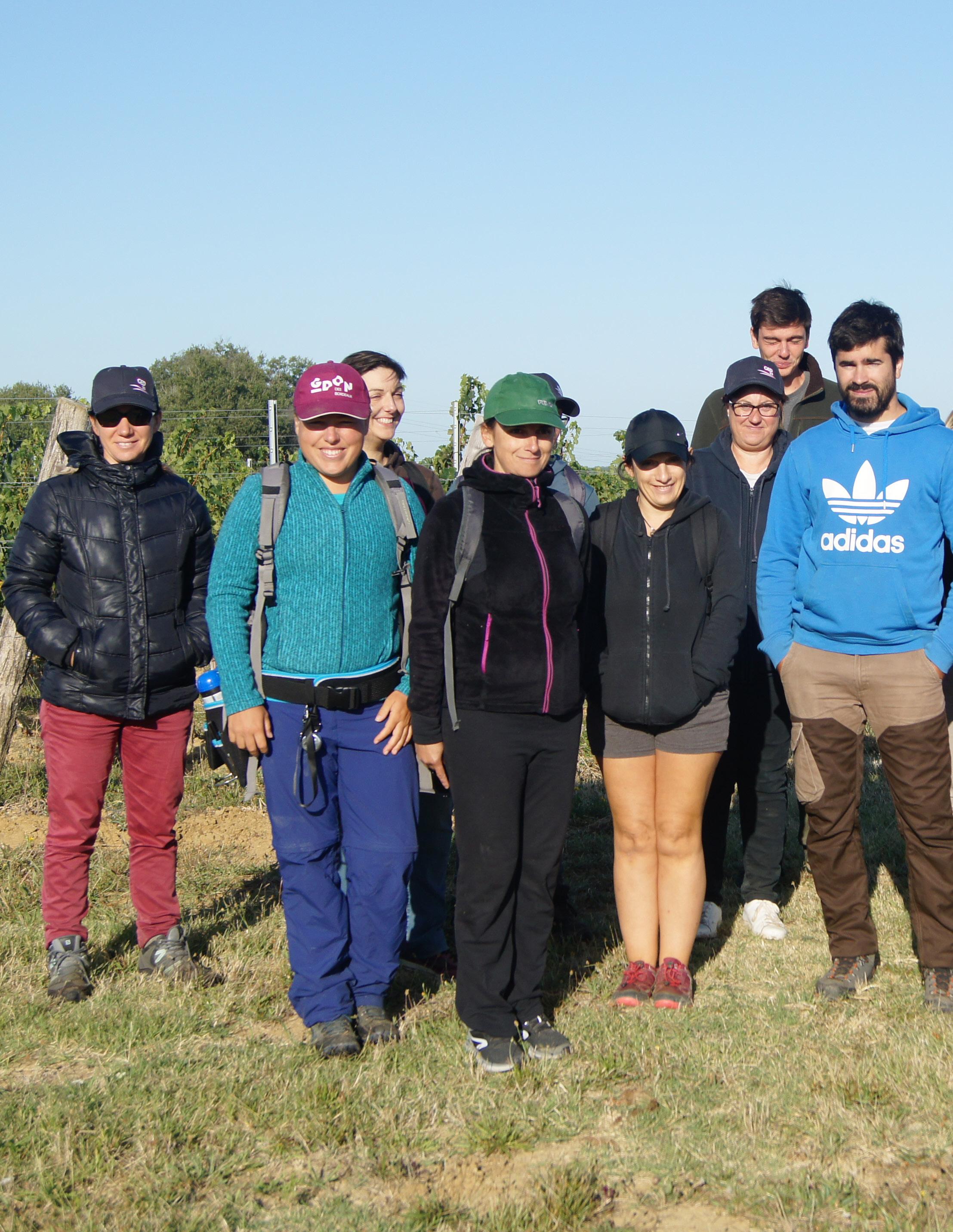
3 minute read
LE GDON
from Earth Day Heroes
by gregoryvine

le GDON (the Group for the Defense against Harmful Organisms of the Vine) is a regional organization committed to the prevention of flavescence dorée, a catastrophic vine disease spread by the leafhopper insect. Highly invasive, flavescence is fatal for vines and will spread exponentially if left untreated. The French authorities require uprooting contaminated vines, on of several compulsory treatments that prevents the spread, but at great cost to local growers.
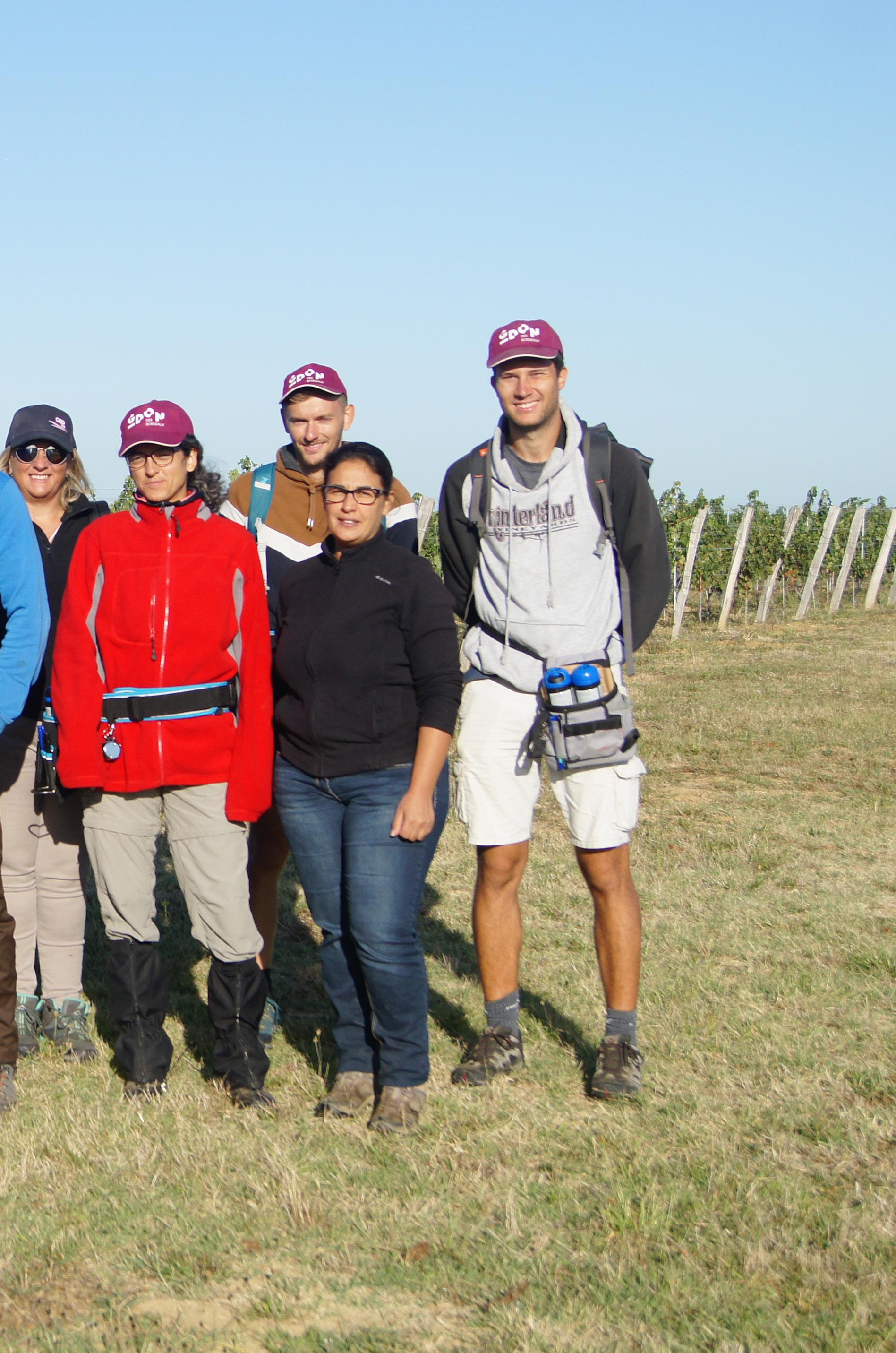
In 2011, the winegrowers of 13 AOC Bordeaux regions organized a collective known as le GDON with the primary goal of proactively monitoring for signs of the flavescence disease by counting the number of leafhopper larvae in their vineyards. Director Sophie Bentéjac is one of four full-time employees of le GDON charged with mobilizing teams of fulltime and seasonal employees and volunteers to walk the vineyards and monitor for detection, a prophylactic measure that drastically reduces the need for harmful pesticides. In 2019, 108 vineyard monitors from le GDON teamed up to cover an astounding 19,539 miles – a distance practically equivalent to the earth’s circumference!
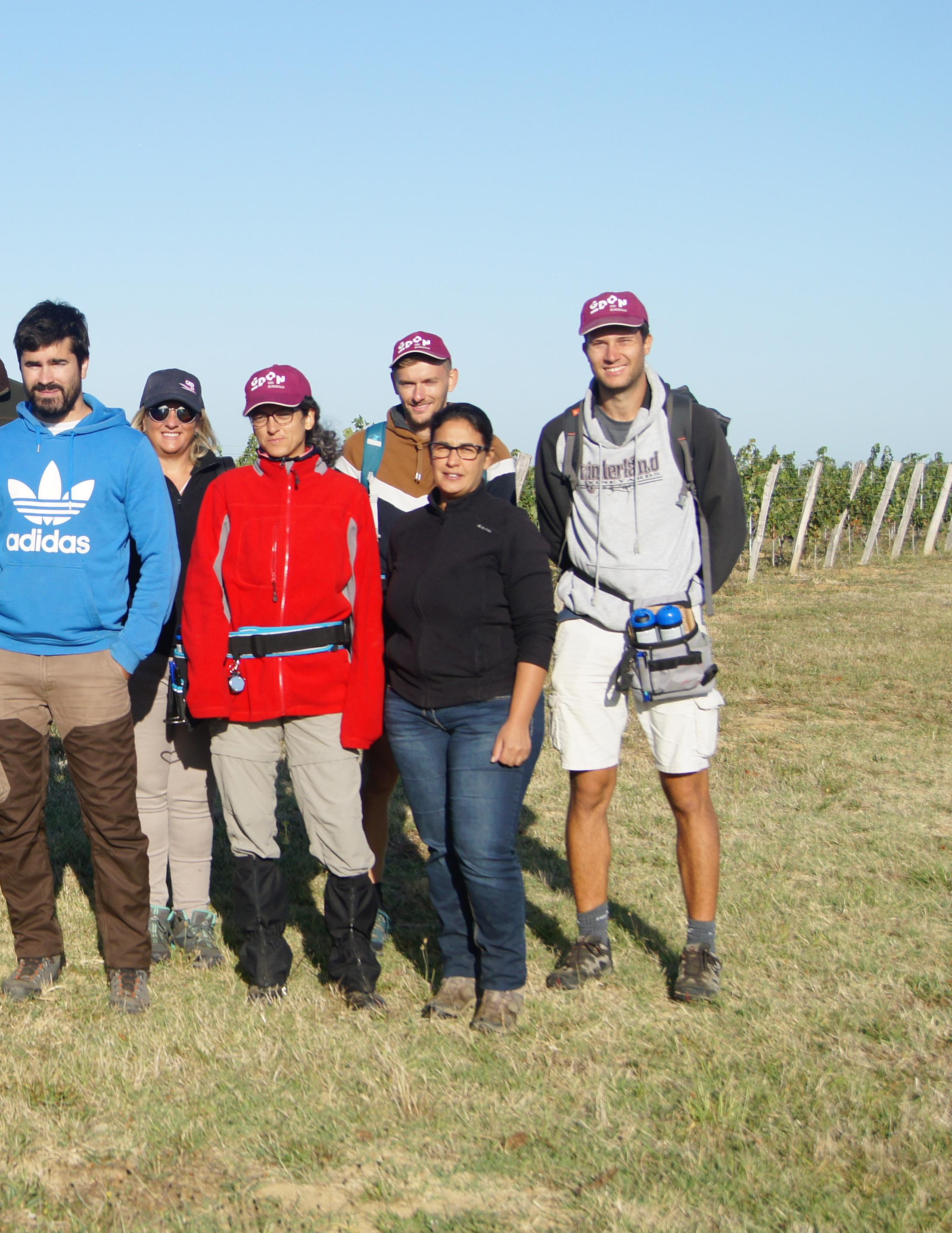
SOPHIE BENTÉJAC, Directrice du GDON des Bordeaux

Profound Impact
Led by local winemakers and volunteers, le GDON impacts the people of Bordeaux in a profound way, to reach 183,000 acres of vineyard cultivated by 5,000 winegrowers. The walkers of le GDON visually monitor the vines for disease and also install leafhopper traps. Trapping is a shortcut to reduce outbreaks, making it possible to cover more ground and better control the spread. In 2016, le GDON introduced additional professional training measures designed to better inform the region and volunteers on best practices in monitoring and management. Since then, le GDON has diversified to prevent outbreaks of Pierce’s disease (a scourge of California) and grapevine trunk diseases.
Château des Matards Blanc Tradition 2018
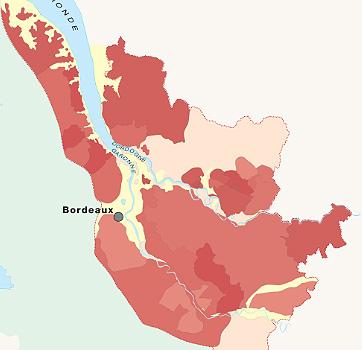


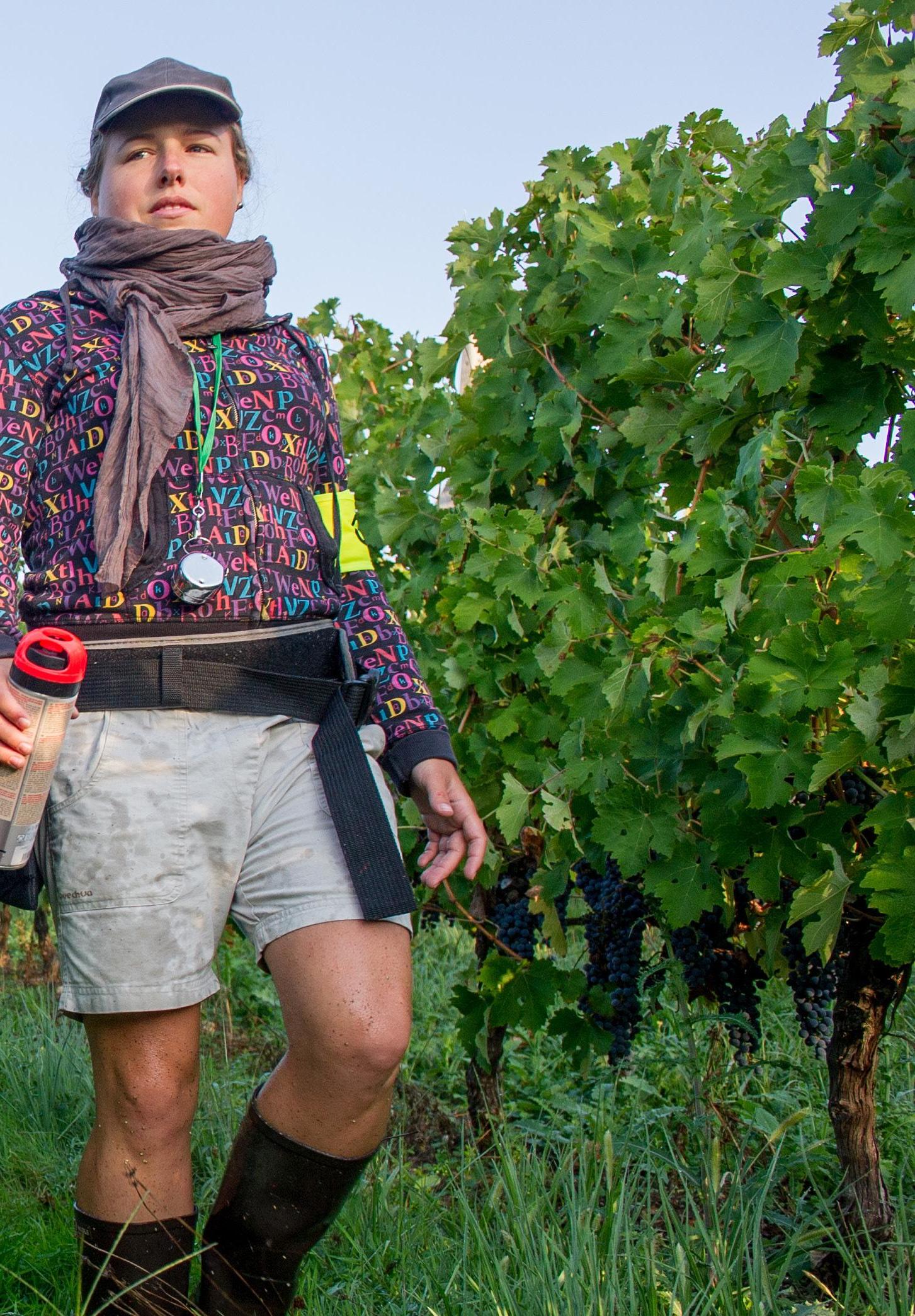
Reducing the Need for Pesticides
Sophie Bentéjac observes that there is a direct correlation between her work at le GDON and environmental protection through the reduction of pesticides: “This fight is grounded in sustainability,” Bentéjac shares. “The training of all professionals (winegrowers, employees, consultants, nurseries, students) would ultimately be a guarantee of sustainability. With so many professionals able to recognize symptoms, the vines benefit from greater vigilance and early intervention that minimize harmful insecticide treatments.” Le GDON also shares their findings for the benefit of all in the wine trade and is open to innovation; since 2015, researchers from the National Research Institute for Agriculture, Food and the Environment (INRAE) have studied their data to improve control strategies and other research entities (IFV, IMS and BNIC) have contributed to early detection of symptoms via cameras installed on harvesting machines.
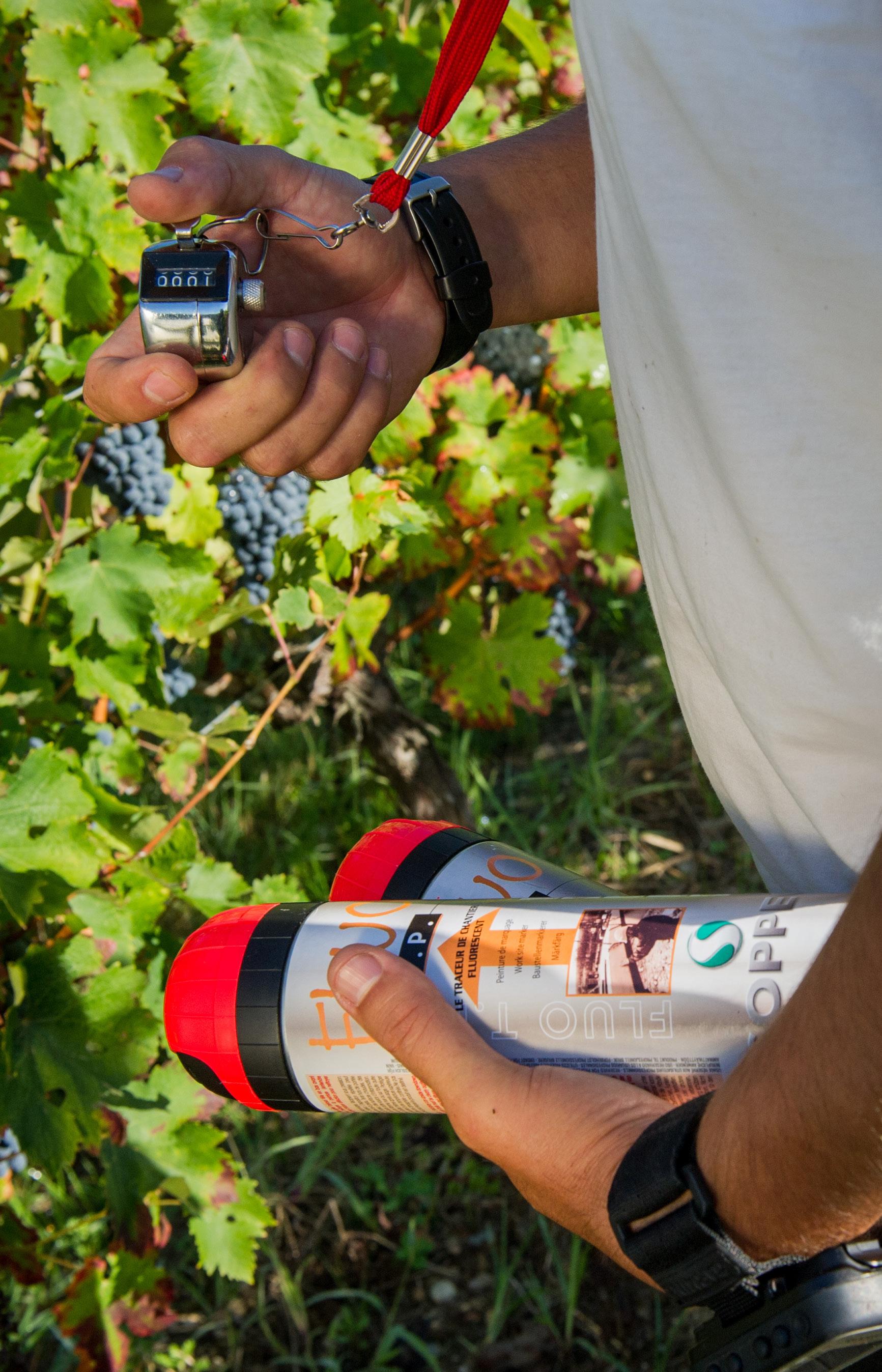
A Strategy for the Wine World
Le GDON seeks to mobilize Bordeaux in a collective effort that sets a high standard for the wine world. The more the watchers and walkers learn, the more effective their methods, making it possible to adapt and improve yearafter-year. It is an effort that requires the active participation of the people of Bordeaux, and which share with other wine regions looking to reduce disease and minimize harmful pesticides. As Bentéjac notes: “Our efforts rely on the residents and communities of wine-growing areas. The objective is to better monitor the vineyard by raising awareness and involving local actors to prevent vine diseases.”










